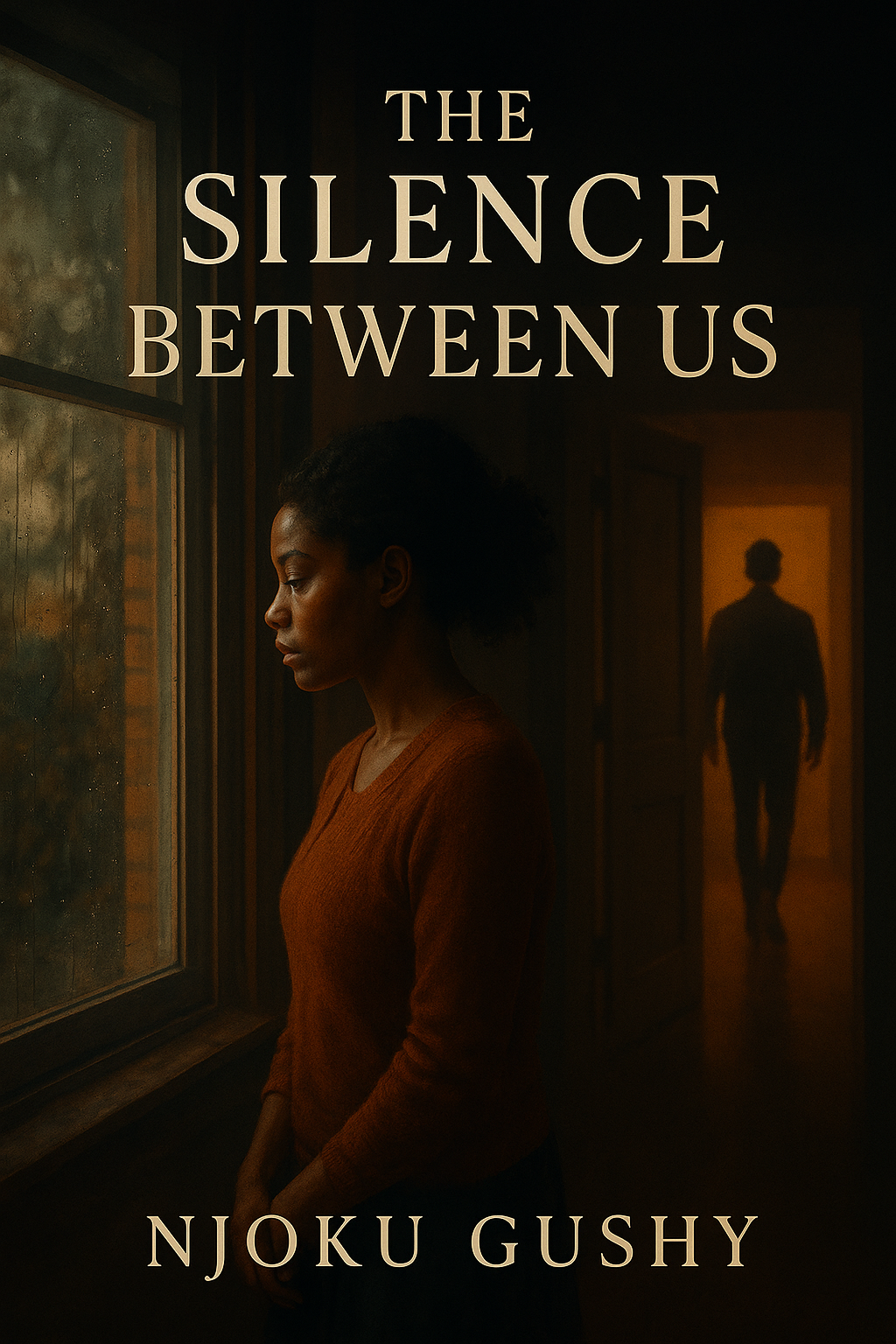Long before the rain brought Michael home, there was another storm I weathered—one that began in my father’s eyes.
Papa never believed I could become anything—not because I was lazy, or wild, or stubborn. But simply because I wasn’t Olanna.
Olanna, my elder sister, was the crown jewel of our family. The first daughter. The pride of the street. She had the brain of ten boys and the poise of a queen. Mothers in our neighborhood used her name as a yardstick while scolding their own daughters.
When Olanna aced her WAEC with distinctions, it was as though we’d won the lottery. Papa sold a plot of land to send her to a private university. He even borrowed money from our church building fund. That was how certain he was that Olanna would bring us all out of poverty.
I was in SS2 then, still forming bones of my own dreams.
“Papa, I want to learn tailoring after school,” I told him one evening.
He barely looked up from his newspaper. “Tailor? That’s not a future. Face your books or forget it.”
So, I faced my books. But I wasn’t a star student. Not bad, not brilliant. Just... there. Existing in Olanna’s shadow.
Each time she returned home on holiday, Papa would slaughter two chickens. Two. For one child. The rest of us? We were just happy to chew the bones she left behind.
One afternoon, I overheard Papa talking to a visitor on the veranda. I was passing by with laundry, but I stopped when I heard my name.
“Olanna will become a big woman,” he said proudly. Then, after a pause: “That other one? Let’s just say she’s still looking for herself.”
That “other one” was me.
Then came her graduation. We threw a big party. Papa wore his best lace and cried into a bottle of malt, raising it to the sky.
“My joy is full today,” he said. “My investment is about to yield.”
We all believed it—until things began to change.
Olanna stayed locked in her room for hours. She stopped going to church, stopped seeing friends. One night, Mama found her behind the house, crouched low, sniffing something from a nylon bag. Her eyes were red and empty.
That was the day Papa collapsed.
We later learned Olanna had been doing drugs since her third year in school. She never told us. The pressure to save the family, to be the savior, had become too heavy for her slim shoulders.
Soon, things began to vanish. Papa’s gold wristwatch. Mama’s earrings. Even the ceiling fan from the sitting room. Anything she could sell, she took. The golden girl was falling, and fast.
While Olanna slipped deeper into the dark, I quietly found light.
After I left secondary school, I begged Mama to talk to Uncle Rasheed—the tailor down the road. I became his apprentice. I swept the shop, threaded needles, learned to stitch with both hands and heart.
While Olanna was bouncing between rehab and relapse, I opened my first shop.
Then I bought my first industrial machine.
Mama would help me iron customers' clothes late at night, tears in her eyes as she muttered, “God sees everything, Tope. Keep going.”
Then Papa had a stroke.
There was no one else. Olanna was gone again. Ebun, our last born, was still in school. The burden had to fall on someone.
So it fell on me.
I paid the hospital bills. Paid for the drugs. Hired the physiotherapist who came every evening. My tailoring business—born of rejection—was now the pillar of our broken home.
One afternoon, I drove home in a car I had bought myself. Not to boast—I was only making a delivery.
Papa was on the veranda, his once-strong frame now fragile. He stared at me for a long time, his eyes glossy.
Then he said, softly, “Tope... I was wrong.”
Three words. No grand speech. No drumroll. Just the words I had waited my whole life to hear.
That night, for the first time, he called me into his room and prayed for me. His voice cracked, his hands trembling.
“Not every star shines the loudest,” he said. “Some glow quietly in the corners, waiting to be noticed.” “I chose Olanna, but life... life chose you.”
In the end, it wasn’t brilliance that saved my family.
It was consistency.


Comments ()
Loading comments...
No comments yet
Be the first to share your thoughts!
Sign in to reply
Sign InSign in to join the conversation
Sign In